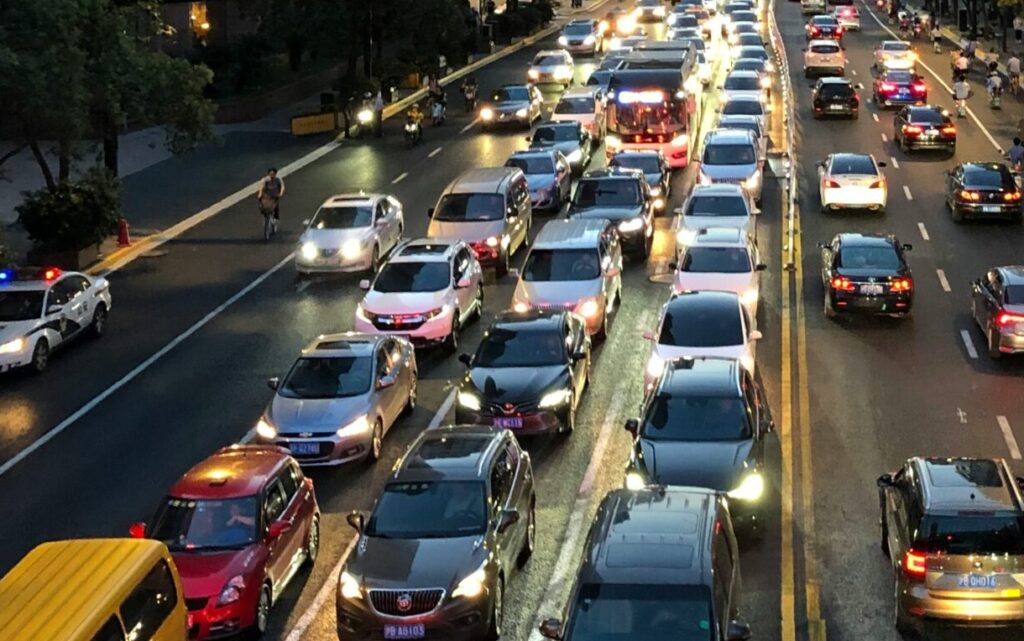Veezu won its case today against its rival app, Uber, in a significant ruling for the private hire vehicle (PHV) industry. The Supreme Court unanimously dismissed an appeal brought by Uber and confirmed instead that licensed PHV operators outside of London and Plymouth do not enter into contracts with passengers to provide the journey, which is the subject of the booking. The effect of the court ruling is that these PHV operators can continue operating as ‘agents’ for their drivers.
History of the case
In 2021, the court decided that PHV operators in London (where a different law applies) had to enter into a contract with the passenger to provide the journey as principal. Consequently, the ‘agency’ and ‘intermediary’ models of operating became illegal and forced PHV operators in London to adopt a ‘hire contract’ model, meaning these PHV operators were required to charge VAT on their journeys, as well as make other significant changes.
The position in London then differed to the rest of the UK, where the majority of PHV operators used an ‘agency’ or ‘intermediary’ model and did not charge VAT.
As a result, Uber sought a court declaration that all licensed PHV operators (outside of London but excluding Plymouth) were also required to enter into a contract with its passengers as principal, to level the playing field. The High Court granted Uber’s request and threw the PHV industry into turmoil. Its ruling was appealed by PHV operators, Veezu and D.E.L.T.A, who use the ‘agency’ and ‘intermediary’ models, as the declaration had a profound impact on their businesses. The Court of Appeal overturned the original declaration in 2024 on the basis that the High Court was wrong to make the declaration sought by Uber.
Uber appealed the Court of Appeal’s decision, but this was dismissed today as the Supreme Court ruled in favour of Veezu and D.E.L.T.A, meaning they can continue to operate under the ‘agency’ and ‘intermediary’ models, with no VAT being charged.
What this means for the PHV industry
If Uber had won its appeal, other PHV operators would have faced costly and disruptive changes to their operations to adopt Uber’s ‘hire contract’ model. The charging of VAT on passenger journeys would have meant an increase in customer fares, as well as a reorganisation of PHV operators’ internal systems, and revisions to contracts with their driver partners. Other PHV operators would also likely have been forced out of the market by Uber, which uses the tour operators’ margin scheme to reduce the VAT they charge on their fares.
Nia Cooper, Chief Legal Officer at Veezu, said:
This decision is a triumph for the UK Private Hire sector. The unanimous verdict ends a three-year legal battle and confirms that operators can continue to choose which business model they adopt to run their business. Uber was seeking a declaration that would have resulted in 20% VAT being charged on all PHV fares. Today’s outcome protects these often vulnerable passengers from crippling fare increases, avoids undue burdens on licensing authorities, maintains the status quo for licensed PHV drivers and allows the private hire sector to keep serving the people and places that rely on it 24/7. This ruling also shows that British-owned businesses can stand up against global giants that attempt to use litigation as a tactic to shape the sector to suit their business model.”
Veezu was represented by the Commercial Disputes team at Capital Law Limited, led by Stephen Meade and Carrie Jones.
Carrie Jones, Principal Associate at Capital Law, said:
The Supreme Court’s judgment affirms the legality of the different models operated by private hire operators throughout England and Wales (excluding London and Plymouth), which had been called into question by Uber. It is an excellent result, and one which will be welcomed by the industry.”
How can we help?
For further information about issues raised in this article, please contact a member of our Commercial Disputes team.




